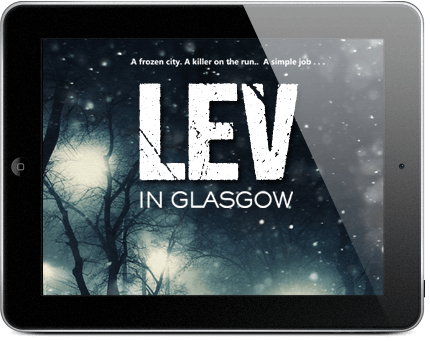Editing services are there to improve a manuscript.
Courses are there to improve a writer: to build skills and awareness that will last a lifetime.
And yes, of course, if you work on your manuscript, you are also working on yourself. And equally, if you take a particular writing project into a course environment, that manuscript will also change and improve as a result.
But still. The basic distinction is still there. Editing improves manuscripts. Courses build writers.
So what kind of course? What do you actually want to achieve?
I guess my first comment would be that there’s a type of creative writing course which aims to make you feel like a writer. “Hey, let’s all walk along a clifftop at dawn, then write a poem about the sunrise.”
That’s OK, it really is, but it is rather distinct from courses that are there to help you plan and write the kind of book that might get published and find a readership
The online courses that Jericho Writers offers are very focused on that publication outcome. Our tutors have a proper publication record themselves – they’ve sold big books to big publishers and they know what’s required to meet those goals.
They are also properly tutored. Just throwing course material at someone and letting them get on with it isn’t really a way to teach. So you need proper interaction. You need tutors who are going to set real homework, then give you proper feedback on whatever you come up with. One of our biggest courses is our complete “How To Write a Novel” course. With that one, the mentoring is completely one-to-one and the results are stunning: vast improvements in the work and the writer. Plenty of students have graduated straight from that course to publication itself – an insanely fast career outcome!
That said, if the personal mentoring thing doesn’t appeal or is just unaffordable, I think that a classroom environment really helps (even if the classroom is online!). That way, you don’t just get feedback from your tutor, you end up getting feedback from your fellow students too – effectively a peer group of beta-readers.
You’ll also find yourself learning loads from having to look at the work of other students and asking yourself what you think. Very often, you’ll find yourself thinking, “Yes, I see what they’re trying to do, but this doesn’t feel quite right. Why not?” By forcing yourself to drive down to the specific problem and putting your finger on the right solution, you’re basically building up your own muscles as writer and self-editor of your work.
In my own case as a writer, I’d say that I’m a good writer, but I’m a very good and self-aware editor of my own work. The editorial process has become so automatic for me, that I’ll throw a sentence down and, if it’s not quite right, I’ll fiddle with it until it is. It might take me five tries (or more) but the result will definitely be better than it was.
And naturally, no writing course, no matter how good, will take the place of your own hard work and commitment. Those things always come first. Diligence and persistence are, with no exceptions, the most important virtues you can have as a writer. Hurling money at third parties is nice for the third parties, but the task of conceiving, writing and editing the book remains yours. That’s how it ought to be!


